Kyrgyzstan Launches Controversial Hydropower Plant
The country’s energy ambitions could intensify water competition in Central Asia.
Kyrgyzstan launched a $200 million hydroelectric power plant Monday that will allow the Central Asian country to move closer to securing its energy supply but might also intensify the water competition in the region, Reuters reports.
The first unit of the Kambarata-2 hydropower facility, which is partly funded by Russia, is one of several projects planned along the Naryn River. A second $200 million unit is also planned for the Kambarata-2, and would be followed by a third unit along with the construction of the larger Kambarata-1 project, Kyrgyzstan’s acting President Roza Otunbayeva said.
The facilities are part of the country’s strategy to secure its energy supply and boost its export potential. Electricity production already makes about 10 percent of Kyrgyzstan’s gross domestic product, Otunbayeva added. The new unit will allow the country to produce up to 700 million kilowatt hours per year of electricity in addition to its overall annual production of 14 billion kilowatt hours.
But the project might also divert water from Kyrgyzstan’s neighbors, prompting experts to predict that it might hurt the fragile relations over the shared water resources in the region. Kyrgyzstan’s hydropower ambitions have previously vexed its closest downstream neighbor Uzbekistan, which relies on rivers that originate or pass through Kyrgyzstan, as well as neighboring Tajikistan to irrigate its arid cotton fields and farmland.
Otunbayeva said that the planned facilities will be coordinated with Uzbekistan.
The launch of the project is good news for Kyrgyzstan’s interim government, which has struggled to maintain control over domestic affairs after political turmoil in April ousted the previous administration, and inter-ethnic violence in southern Kyrgyzstan in June resulted in nearly 400 deaths.
As the first hydropower station in Kyrgyzstan since the collapse of the Soviet Union, which determined the water and energy policy in Central Asia for decades, Kambarata-2 is expected to strengthen the country’s position in a complex water-and-energy grid in the region.
Sources: Reuters, Radio Free Europe
Read more of Circle of Blue’s Central Asia water coverage.
, a Bulgaria native, is a Chicago-based reporter for Circle of Blue. She co-writes The Stream, a daily digest of international water news trends.
Interests: Europe, China, Environmental Policy, International Security.

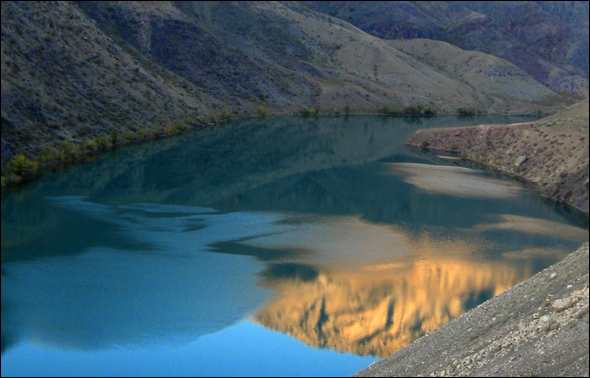
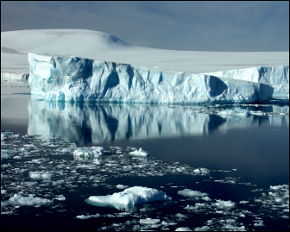
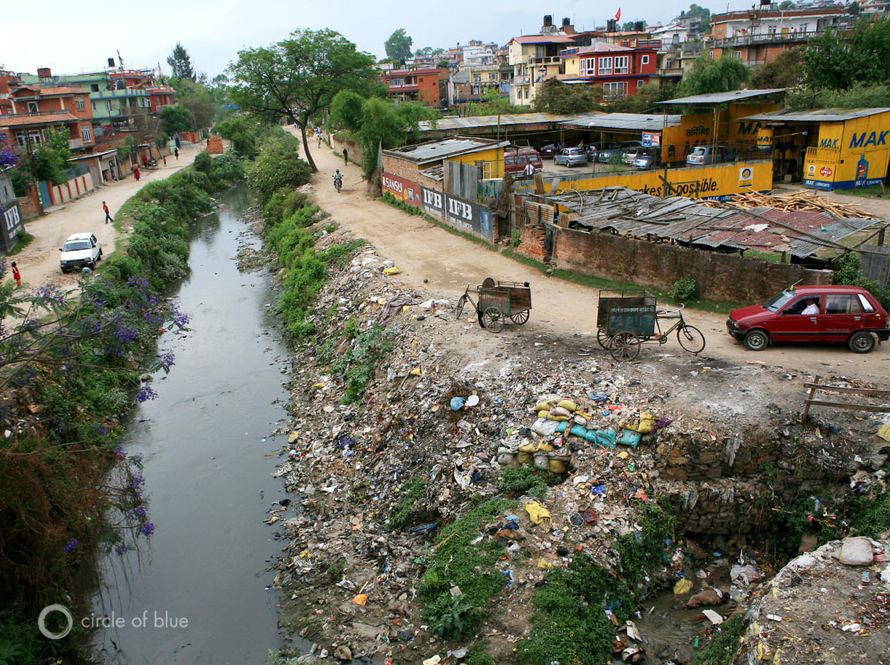
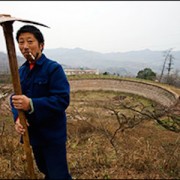


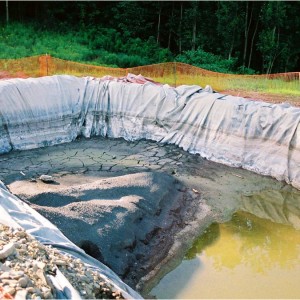

Leave a Reply
Want to join the discussion?Feel free to contribute!